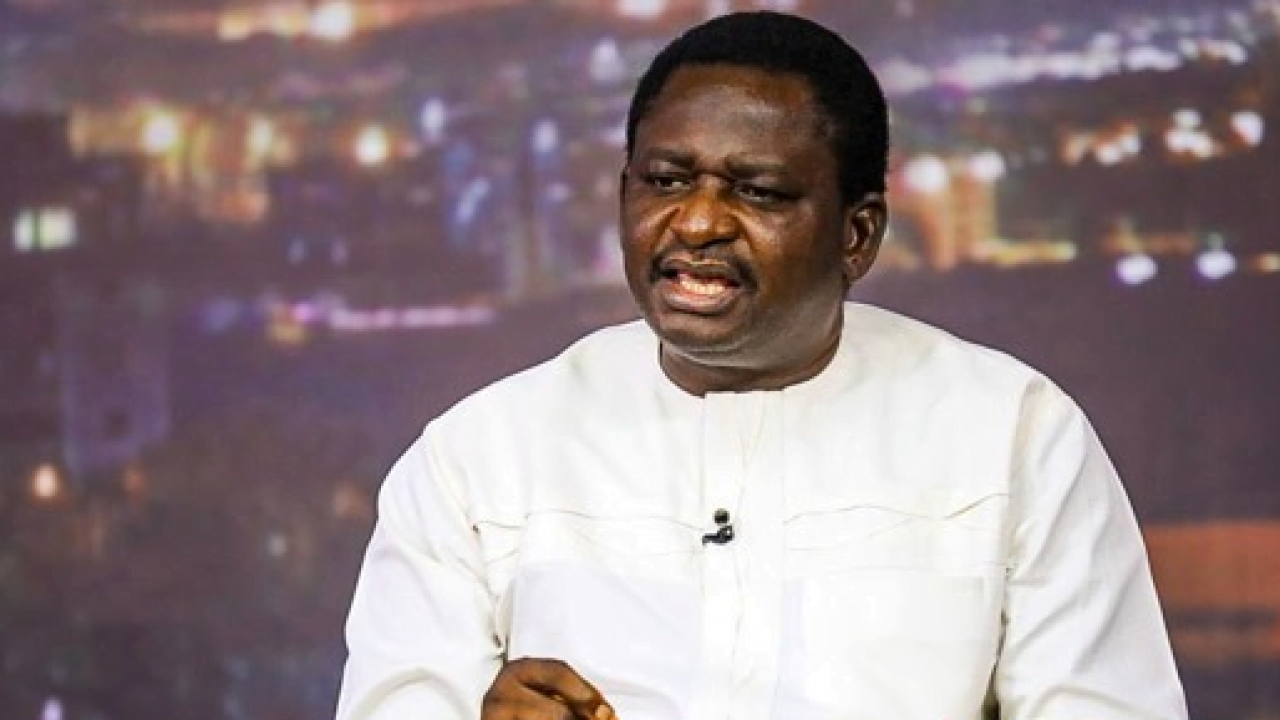The Federal Government hopes to push its public debt stock to N50.22tn by 2023, with domestic debt at N28.75tn and external debt at N21.47tn.
This is according to the projections in the National Development Plan 2021-2025.
The Debt Management Office had disclosed that Nigeria’s public debt was N38tn as of the end of the third quarter of 2021, with the total debt stock rising by N2.540tn in three months from July to September 2021.
This shows that the regime of the President, Major General Muhammadu Buhari (retd.), plans to accumulate about N12tn debt in two years from 2021 to 2023.
However, based on the plan, the government targets a reduction in total public debt by 2025.
A tabular illustration in the document showed that the government targets N39.59tn debt stock for 2021, N46.63tn for 2022, N50.22tn for 2023, N50.53tn for 2024, and N45.96tn by 2025.
The government also discloses that it needs money to finance the plan of N348.1tn, and the borrowing framework in the plan is 45 per cent each for both foreign and domestic borrowing.
The plan read in part, “The plan will require an investment of about N348.1tn to achieve the plan objectives within the period of 2021-2025. It is estimated that the government capital expenditure during the period will be N49.7tn (14 per cent) while the balance of N298.3tn (86 per cent) will be incurred by the Private Sector. Of the 14 per cent, government contribution, FGN capital expenditure will be N29.6tn (9 per cent) while the sub-national governments’ capita
“The borrowing framework in the plan is 45 per cent each for both foreign and domestic borrowing while the other financing sources account for 10 per cent. Domestic bonds and concessional external loan financing, amongst others, will account for the borrowing strategies for the plan. Thus, the government will improve on current debt management strategies to ensure sustainability.”
An investment analyst, Omosuyi Temitope, said that although the debt servicing to revenue ratio would exceed even by 2022, the government seemed to be borrowing for obvious reasons.
He said, “As a matter of fact, debt service to revenue would remain above 80 per cent in 2022, but there are obvious reasons the government needs to embrace more borrowing.
“First, no nation can achieve long-lasting development without some forms of borrowing to finance growth-enabling projects and programmes. Nigeria’s infrastructure needs are very essential to her sustainable and inclusive growth.
“Everyone can clearly deduce the negative impact of poor infrastructure on the nation’s growth, ranging from the high cost of doing business to the high cost of living amidst a general unimpressive living condition, just to mention a few.”
He, however, stressed the need for the debt to be sustainable through the creation of assets and value that justify the debt.
“Nonetheless, it is imperative for the government to ensure debt obligations are sustainable by creating assets and value that justify the ballooning debt stock,” he said.
Current debt rate is worrisome, borrowing pace not sustainable – Tella
On his part, a professor of Economics at the Olabisi Onabanjo University, Ago-Iwoye, Ogun State, Prof Sheriffdeen Tella, said debt level was worrisome and the government should not be considering more borrowing, urging the government to consider other ways of generating revenue.
He said, “Even at the level that we are now, it is worrisome, not to talk of planning to borrow more. It is unfortunate that the government is always thinking of borrowing, instead of thinking of other ways to generate revenue.
“They can ensure that public-private partnership projects are built, once operational and yielding capital, though whoever implemented it can generate their money plus interest and then the project becomes ours and we can generate revenue from those. There are projects that we can scale down until we have enough funds to implement and there are projects that can generate money on their own.
Go after wealthy Nigerians, who owe the country instead of borrowing – Economist
“Instead of always thinking of borrowing, the government can go after those that owe the country, For instance, NEITI recently detected some money that is being held by some wealthy individuals, money that runs into trillions but the government isn’t going after those funds.”
He added that the government’s borrowing pace was not sustainable as revenue generated would be used to service debts.
“Also, our borrowing pace is not sustainable, because almost all the revenue generated by the country is used to pay the current debt and that is why the government doesn’t have enough to pay for a lot of its expenditure,” he added.
Rising debt profile raises sustainability concerns – CPPE
An economist and the Chief Executive Officer of the Centre for the Promotion of Private Enterprise, Dr Muda Yusuf, said that the increasing debt profile of the government raised some sustainability concerns.


